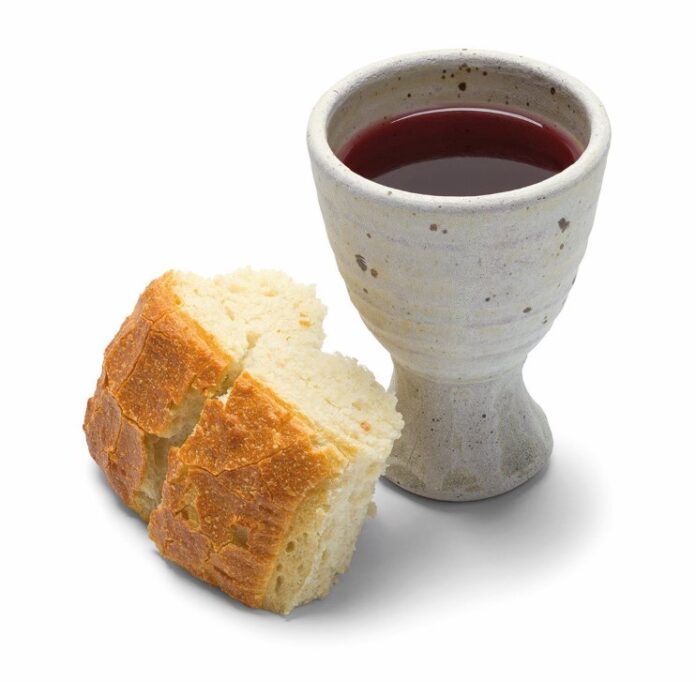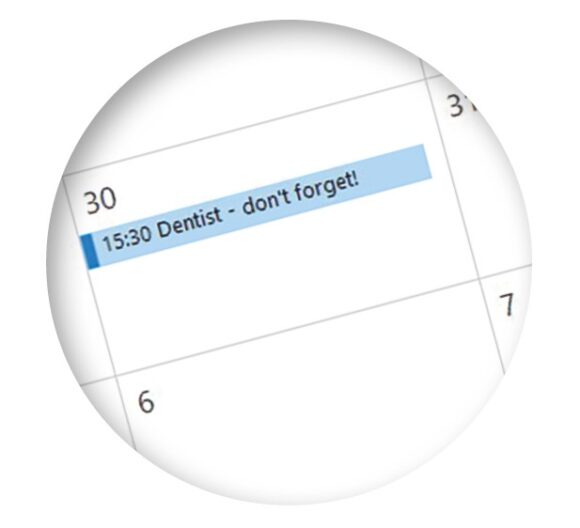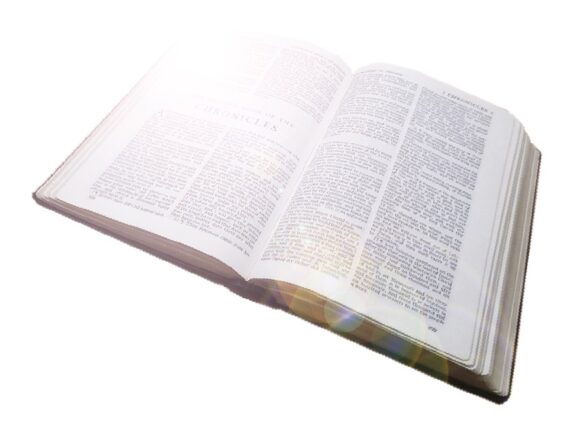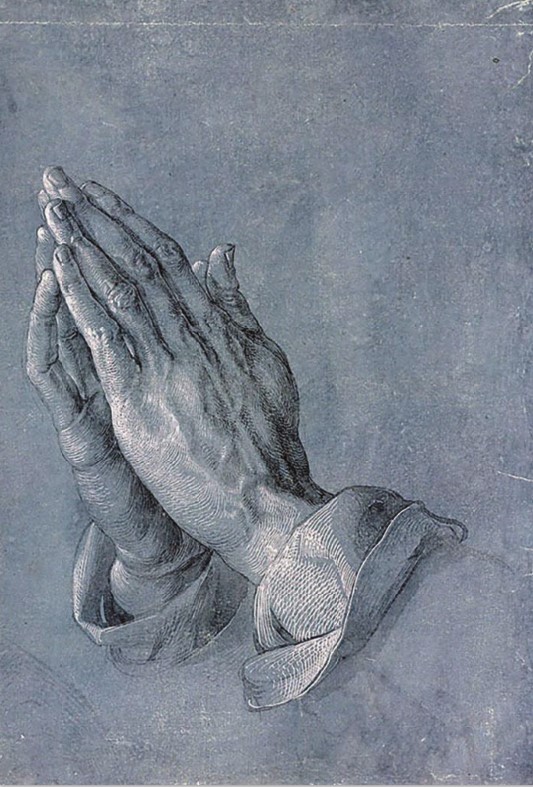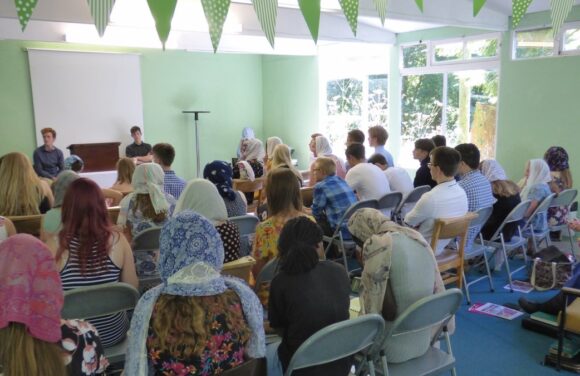I HAD THE DATE clearly marked on the calendar. It said, Dentist 3:30 p.m. I had made the appointment myself only a couple of days before because of toothache. Now it was 5:30 p.m. and I had missed it! I had become so involved in other things that the time had slipped by without my noticing until far too late—so there’d be no let up for my toothache, I’d inconvenienced the dentist and there would be a fine to pay.
I am sure many of us have done the same thing, with perhaps even far more important appointments. Sometimes it’s due to genuine forgetfulness, or a distraction. Sometimes there is a certain amount of psychological avoidance— perhaps it’s something we don’t want to face, or we simply lack motivation.
Here is something that’s absolutely worth remembering. Jesus Christ gave his life so that he could save us from our sins (John 3:16–17). Because of his perfect life and sacrificial death, we can be saved from a life of hopeless uncertainty, and seize the opportunity of a lasting and meaningful relationship with the God of heaven and earth. This brings the promise that if we’re faithful to the end of our life that relationship will last for ever.
You would have thought we would remember this, especially in view of the horrendous price the Lord paid. But so many simply ignore it, attack it, despise it—put it off for another time, or let it slip their mind.
Where do you fit in with this picture?
Jesus wants to be at the top of our priorities. ‘Whoever loves father or mother more than me is not worthy of me, and whoever loves son or daughter more than me is not worthy of me. And whoever does not take his cross and follow me is not worthy of me. Whoever finds his life will lose it, and whoever loses his life for my sake will find it’ (Matthew 10:37–39).
The Christian life begins with baptism, which is the beginning of a walk in ‘newness of life’ (Romans 6:4). And there are three key elements to this new life.
- The Word of Truth
How are we to make something like remembering the Lord at the top of our personal priorities? Firstly, he encourages us to listen to him, discover him, all his motivations, his aspirations. We do this through the pages of the Bible, the written Word of God. Jesus said to his opponents, ‘You search the Scriptures because you think that in them you have eternal life; and it is they that bear witness about me, yet you refuse to come to me that you may have life’ (John 5:39–40).
There can be no holding back on this—we do need to search the scriptures and with the right attitude. As Jesus puts it, we need to be willing to come to him.
So Jesus said to the Jews who had believed in him, “If you abide in my word, you are truly my disciples, and you will know the truth, and the truth will set you free” (John 8: 31–32).
From what does the Truth set us free? Surely it’s all the worldly comments of political pundits, the media hype, social media gossip, fake news and superstition. A well-founded faith in the Son of God helps us to ‘see the wood for trees’ in this dazzling world of human wisdom and knowledge. The Word of God gives a ‘yard stick’ by which we can assess all the information that is thrown at us, even the daily news—what is important and what is not, what is objective and what may be biased, what is healthy and what is unwholesome. The truth truly sets us free.
2. Prayer
In addition, the Lord Jesus has shown us how to pray. Through prayer, the follower of Jesus can deepen their relationship with their Father in heaven, finding comfort and strength for daily life. This is the prayer he taught his disciples:
Our Father in heaven, hallowed be your name. Your kingdom come, your will be done, on earth as it is in heaven. Give us this day our daily bread, and forgive us our debts, as we also have forgiven our debtors. And lead us not into temptation, but deliver us from evil (Matthew 6:9–13).
This rightly has been called the pattern prayer because it provides a framework for all the prayers we will ever need to offer. It is no magic incantation. Merely repeating the words will do no good, but let’s consider it carefully, phrase by phrase.
God, called by Jesus the Father, is the supreme ruler of the universe.
We can share the same Father as Jesus the Son of God, by being adopted into His family when we are baptised.
God has a plan—to establish His Kingdom on Earth—and He wants us to share that also. He has provided us with the opportunity of everlasting hope and ultimate fulfilment.
In the meantime He has promised to provide for our daily needs.
He has out of His great love provided an opportunity for us to experience full and free forgiveness, because of the sacrifice of Jesus Christ.
He has promised that even in the most trying circumstances of life there will always be a way out, there will always be hope.
These are wonderful things. The challenge is to carry it through and show you mean it by taking these words to heart and acting on them.
3. The Lord’s Supper
And he said to them, “I have earnestly desired to eat this Passover with you before I suffer. For I tell you I will not eat it until it is fulfilled in the kingdom of God.” And he took a cup, and when he had given thanks he said, “Take this, and divide it among yourselves. For I tell you that from now on I will not drink of the fruit of the vine until the kingdom of God comes.” And he took bread, and when he had given thanks, he broke it and gave it to them, saying, “This is my body, which is given for you. Do this in remembrance of me.” And likewise the cup after they had eaten, saying, “This cup that is poured out for you is the new covenant in my blood” (Luke 22:15–20).
Let us join the Lord and his disciples in the upper room, before he left for the garden of Gethsemane where he would be arrested, the night before his death on the cross.
True believers will keep this feast regularly. The Bible shows how the First Century church established the pattern of keeping it on the first day of the week (for example Acts 20:7).
You may notice that the original feast was a Passover meal. The Passover is a yearly feast which the Jews observe to commemorate God’s deliverance of the nation from their slavery in Egypt (Exodus 12).
At that original Passover, a lamb was killed and its blood was used to protect the Israelite families from destruction. At the Last Supper Jesus brought out for us the symbolism of that ancient feast—it was pointing forward all along to his own sacrifice. He himself is presented in the Gospels as the ‘lamb of God’ (John 1:29).
The bread and wine were shared around all the disciples present. They were symbols which would thenceforward remind all his followers of all that Jesus has done for them. The bread speaks of his life given for their salvation, not only on the cross but every day throughout his life as he constantly fulfilled the will of God. The wine reminds them of his blood by which their sins are forgiven.
Jesus himself was looking forward to that day in the Kingdom when he will once again celebrate this ‘feast’ with his disciples. This hope is what binds together all his followers.
Such a simple celebration, but packed with wonderful meanings, which his followers contemplate every time they “do this in remembrance of me”.
Remember Him
One of the greatest helps to remembering the Lord Jesus is to be part of a group of people who do remember him all the time. That’s what Christadelphians try to do. We set great store by reading the Word of God; we try to live lives of prayer; we emphasise the importance of meeting together, on the first day of the week to break bread and whenever else we are able.
We are ordinary people, instructed by God’s Word, who conduct for ourselves a simple form of worship—no flowing robes, no crosses, no icons—nothing to get in the way of focusing upon the Lord Jesus Christ and his Father.
In fact the word ‘Christadelphian’ means ‘brothers in Christ’. Christadelphians have decided to be separate and stand aside from all the major institutions of the world—including all forms of politics and from other churches—on the basis that it is imperative to let the life in Christ stand clear. What is really important is that emphasis is given to the principle expressed by the Apostle Peter, ‘We must obey God rather than men’ (Acts 5:29).
The man who was crucified alongside the Lord Jesus had little opportunity to express his faith and conviction, but he did what he could. ‘And he said, “Jesus, remember me when you come into your kingdom” (Luke 23:42).
That is a prayer which we can all echo. That man received the assurance from the Lord that his prayer will be granted. May we each look to our own lives, so that when Jesus returns in his Father’s glory (Luke 9:26), he will remember us.
David Nightingale

